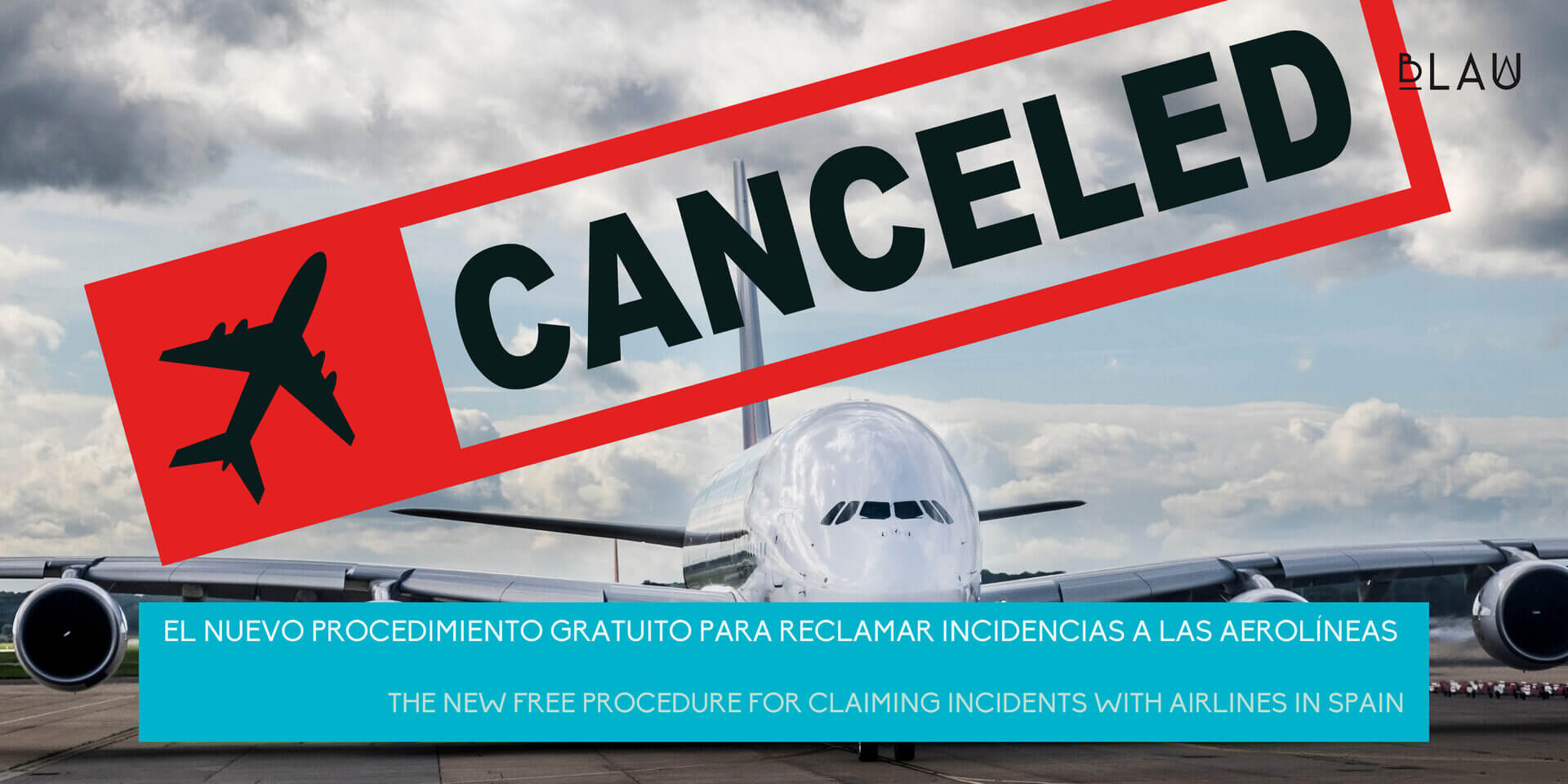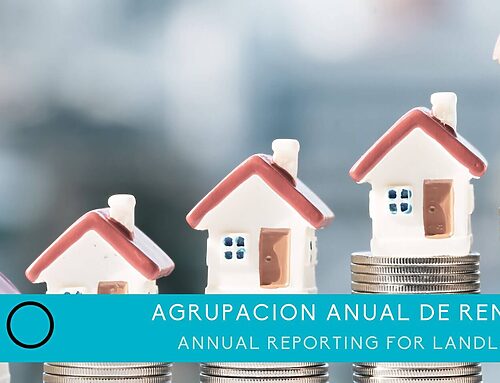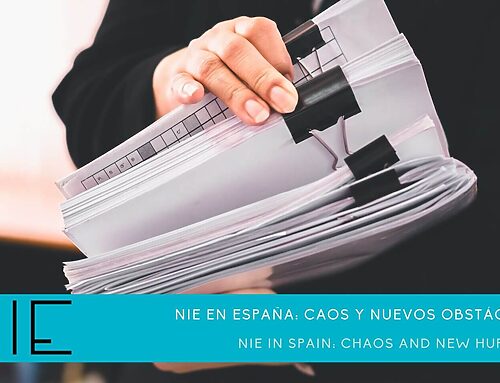In recent years, the aviation sector in Spain has experienced significant growth, leading to an increase in the number of passengers and, consequently, a rise in flight-related incidents. Recently, in June 2023, a significant improvement in aviation regulations in Spain came into effect, directly impacting passengers’ rights.
The State Aviation Safety Agency (AESA) received accreditation as an alternative dispute resolution entity for flight claims. This accreditation grants AESA reports on flight delays, cancellations, denied boarding, and overbooking mandatory compliance status for airlines.
In this article, we explain in detail the new steps that passengers can follow to make a claim.
What incidents can be claimed with AESA?
AESA can now resolve incidents related to canceled flights, delayed flights by three or more hours, flights advanced by more than one hour, as well as unjustified denied boarding, changes in class and other that affect the rights of passengers with reduced mobility.
Who can make a claim? Scope of the regulation
AESA has jurisdiction over passengers, regardless of their nationality and destination, as long as they depart from airports located in Spanish territory and are affected by the aforementioned issues. It’s important to note that AESA does not handle flights departing from a European Union country (even if the passenger is Spanish and/or the destination is Spain). In such cases, the claim must be submitted directly to the designated authority in each member country (See list). For example, a flight from Madrid to Rome falls under AESA’s jurisdiction, but not if it’s from Rome to Madrid.
However, this entity also has authority over flights departing from airports located in non-European Union countries if the airline is of European origin and the destination is Spain. In other words, a flight from Dubai to Madrid would fall under AESA’s jurisdiction if operated by Iberia, but not if operated by Fly Emirates, for example.
Please note that for flights with layovers, only the first and last airports in the complete itinerary are considered, with intermediate airports being irrelevant for determining the applicability of this regulation.
Steps to submit a claim with AESA
- Gather all relevant documentation: Before submitting a claim, it’s important to collect all documents related to your flight, such as tickets, boarding passes, receipts, invoices, ID/Passport, and any communication with the airline.
- Contact the airline: First, you should contact the airline and file your claim directly with them. They typically provide you with a claim form, or you can download a generic one (here). The deadline for this step is up to five years after the incident.
- Waiting period: The airline has a 30-day period to respond to your claim. If you do not receive a satisfactory response within this period or are unsatisfied with the response provided, you can proceed to the next step.
- Claim with AESA: File a claim with AESA. This agency offers several forms that you can submit, even electronically, and the process is entirely free. Deadline: 1 year. The claim with AESA must be submitted within one year from the date you filed the claim with the airline.
- Binding resolution for the airline: AESA will send the result to the requester and the airline within 6 months from receiving the claim. You can check the status of the process electronically. If the resolution is favorable, the airline is obligated to comply with it according to Regulation (EC) No. 261/2004.
- Enforcement: If within one month from the date of notification of the decision, the airline has not complied, regardless of whether it has been contested, the passenger can request enforcement by filing an executive lawsuit with the competent court.
It’s important to note that this new procedure only applies to flights taking place after June 2, 2023, the date this regulation came into effect.
Applicable Regulations
The new procedure for claiming incidents with airlines in Spain is based on Regulation (EC) No. 261/2004 of the European Parliament and of the Council, which establishes the rights of air passengers in cases of flight cancellation, delay, or denied boarding. This regulation has been implemented in Spain through Law 7/2017, which sets a clear framework for passengers to file claims and seek appropriate compensation if their rights are denied. The Order TMA/201/2022, dated March 14, regulates the alternative dispute resolution procedure for air transport users.
As a novelty, it is worth mentioning Order TMA/469/2023, dated April 17, which accredits the State Aviation Safety Agency as an alternative dispute resolution entity in the field of air transport.
If you need more information about the procedure, you can contact AESA directly by phone during morning hours from 8:30 AM to 2:30 PM, Monday to Friday, at the following phone number: +34 91 396 82 10, or request information via email at: sau.aesa@seguridadaerea.es.
The procedure is free and does not require the intervention of a lawyer, but if you believe you need professional assistance to handle the claim, BLAU ABOGADOS will be happy to assist you; you just need to fill out the following form.







Leave A Comment